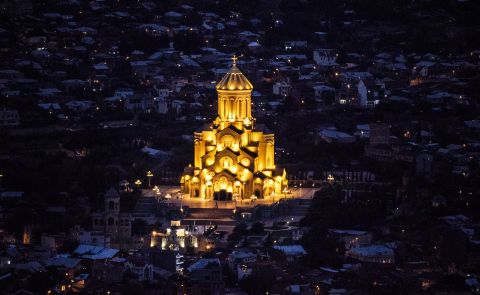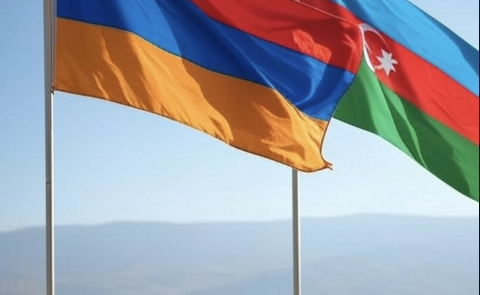
Garibashvili Accuses Saakashvili of 2008 War Onset, Saakashvili Issues a Statement, US and Russia Exchange Blame
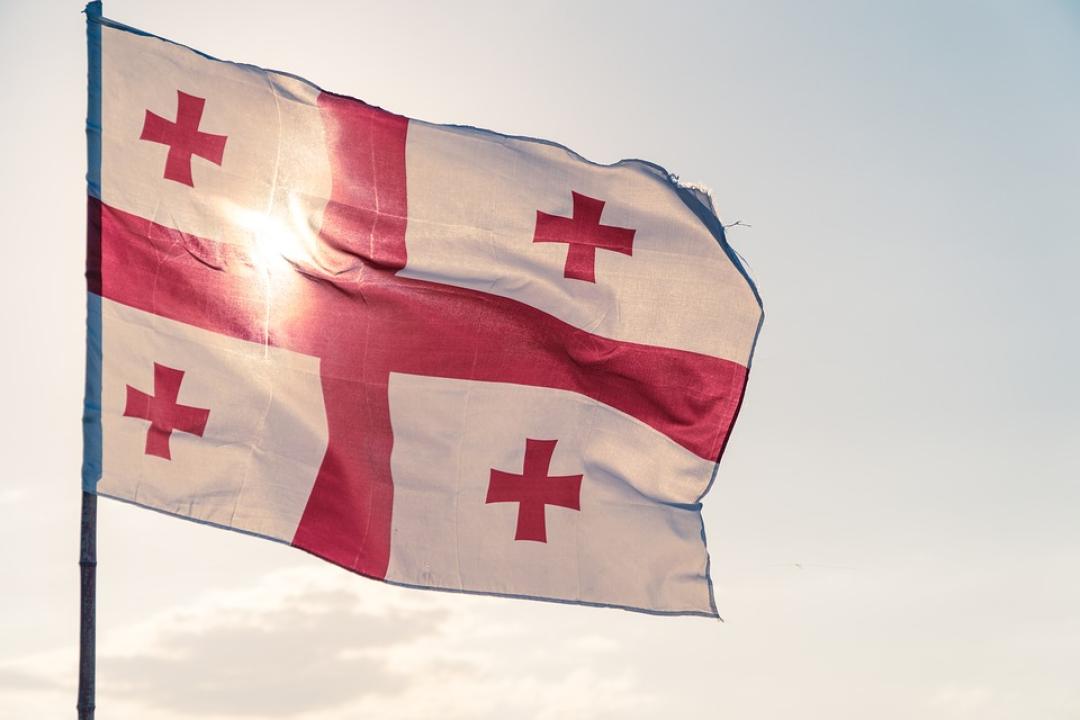
Irakli Garibashvili Blames Saakashvili for the 2008 Russo-Georgian War
Speaking to the media at the Mukhatgverdi Brothers’ Cemetery on August 8, Georgian Prime Minister Irakli Garibashvili said the August 2008 war could have been avoided.
Garibashvili added, "The former commander-in-chief, Mikheil Saakashvili, showed great irresponsibility when our heroic soldiers showed great heroism and self-sacrifice." He emphasized: "Many examples of heroism have been left to our people and future generations. Then, we saw the most disgraceful behavior of the former commander-in-chief. Do you remember falling to the ground at the sound of a plane? The whole society saw a great shame, not only us, the whole world." According to Garibashvili, the then government did not care about the dead heroes or the fact that the territories were bombed.
Moreover, the Georgian prime minister said: "The Russian army left the territory of our country in 2007; who else should I criticize and who else should I condemn but the shameful hostile power that ruled our country, when a few months later, as a result of their reckless policy, they caused their return on an even larger scale." According to the Prime Minister, if anyone did Russia's work, it was Mikheil Saakashvili.
"The biggest ordeal that can happen to a country is war. The party of war and the party of traitors, I will not hesitate to say this because I know much more than you than our society, unfortunately. I care about the interests of our country and refrain from disclosing this information again and again for the sole purpose of protecting the interests of our country. Naturally, this disaster, this tragedy, and this war happened during the previous government; they did nothing to prevent this war. What did we get as a result? 20% is occupied. The Russian army left the territory of our country in 2007; who else should I criticize and who else should I condemn but the shameful hostile power that ruled our country when a few months later, as a result of their reckless policy, they caused their return on an even larger scale, and I don't want to continue this conversation," the PM said.
Mikheil Saakashvili's statement
According to former Georgian President Mikheil Saakashvili, the 2008 war between Georgia and Russia could have been avoided if Georgia had remained a corrupt country that followed Russia's will. Saakashvili claimed that Putin directly asked him to appoint Russian agents as heads of the security forces, among other demands. Saakashvili listed the actions Georgia should have taken to avoid the war, including not fighting corruption, not carrying out reforms, not moving towards the EU and NATO, and not opposing Russian energy schemes. He argued that Georgia should have remained a backward and corrupt country that Russia could control at any time.
Russian Ambassador to the US Responds to Washington's Statement on the 2008 Russo-Georgian War
On the eve of the 15th anniversary of the 2008 Russo-Georgian War, the US State Department called on Russia to comply with all clauses of the ceasefire agreement. The United States also called on Russia to change its position on recognizing the two breakaway regions involved in the military conflict from Georgia - Abkhazia and South Ossetia - as independent states. The US urged Russia to withdraw its armed forces to their pre-crisis 2008 positions and demanded that it allow unimpeded delivery of humanitarian supplies to those in need.
Anatoly Antonov, the Russian Ambassador to the United States, called the State Department's statement on the 15th anniversary of Georgia's attack on South Ossetia a vivid example of how the US deliberately turned the situation upside down. "The goal is clear: to twist the truth about that tragedy and blame it on Russia. However, the facts confirm that the entire responsibility for those events lies with former Georgian President Saakashvili. It was on his criminal order that a full-scale war was unleashed against the South Ossetian people," Antonov reminded.
According to the Russian ambassador to the United States, it is high time for Washington to recognize that the inhumane decision to attack Tskhinvali was also a consequence of the United States' erroneous policy. "After all, it was the West that brought to power and then zealously supported the odious Saakashvili regime. And continues to lobby for the interests of the said figure, as recently confirmed by the U.S. Justice Department," Antonov said. "If the US presidential administration is truly committed to ensuring peace in the region, it should abandon accusations and sanctions threats against Russia," the ambassador said.
"Not to try to disrupt the emerging ties between our country and Georgia. It is important to focus on practical work within the framework of the International Geneva Discussions on security and stability in the Transcaucasus. First and foremost, we must work towards the conclusion by Tbilisi with Sokhumi and Tskhinvali of a legally binding agreement on the non-use of force. And not to escalate the situation, as the US is doing now," Antonov stated.
Russian Foreign Ministry: "Tbilisi should come to an agreement with Sokhumi and Tskhinvali on the non-use of force"
Russian Foreign Ministry Spokeswoman Maria Zakharova said that Tbilisi should agree with [the separatist] Sokhumi and Tskhinvali on the non-use of force.
"Russia remains convinced that achieving the goals of creating lasting security in the region is possible only with the conclusion of a legally binding agreement on the non-use of force between Georgia, on the one hand, and Abkhazia and South Ossetia, on the other, as well as the delimitation of state borders between them with their subsequent demarcation," the statement reads.
Zakharova noted, "Today, we recall the tragic events that took place in the South Caucasus 15 years ago. On the night of August 8, 2008, the Saakashvili regime, cynically violating all international agreements on the peaceful settlement of the Georgian-South Ossetian conflict, made a treacherous attack on South Ossetia. At the same time, the Russian peacekeepers were stormed. This criminal adventure resulted in numerous casualties among the inhabitants of South Ossetia and Russian servicemen."
"Under the circumstances, Russia was forced to carry out an operation to force the aggressor to peace. On August 26, our country recognized Abkhazia and South Ossetia as sovereign independent states," Zakharova recalled. "In October 2008, a new negotiating format was launched - the International Geneva Discussions on Security and Stability in the Transcaucasus, the main task of which was to create a sustainable system of regional security in the new geopolitical realities. The Geneva platform allows Georgia to conduct a direct dialog with Abkhazia and South Ossetia, without which the settlement of relations in the 'triangle' of Tbilisi - Sokhumi - Tskhinvali is impossible," the representative of the Russian Foreign Ministry emphasized.
"The Geneva discussions, nevertheless, are trying to test the strength. On the wave of Russophobia, our Western opponents insisted on canceling several meetings of the IWD under far-fetched pretexts. Only the realization of the growing risks to regional security due to the interrupted dialogue forced them to return to work in the previous format. We expect that in the future, the dynamics of the meetings and the agenda of the negotiations will not be subject to political conjuncture," Zakharova said.
See Also

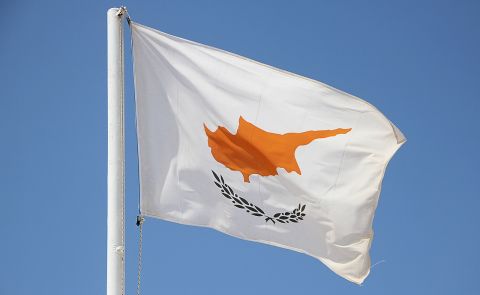
Cyprus Pledges Support for Displaced Armenians and Trilateral Partnership
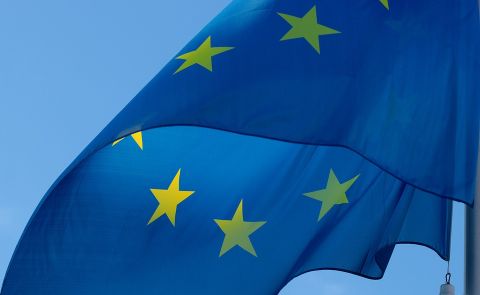
EU Official Encourages Turkey to Deepen Role in South Caucasus Stability
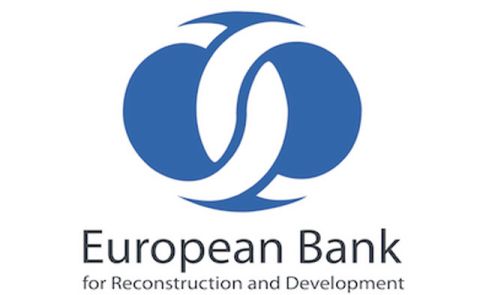
Armenia, EBRD Mark €400M Investment Milestone in Strategic Partnership
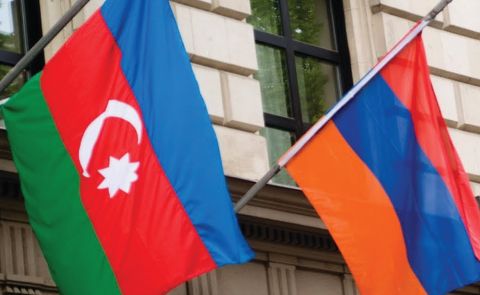
Armenian and Azerbaijani Officials Hold Separate Talks With Iranian Counterparts in Tehran
